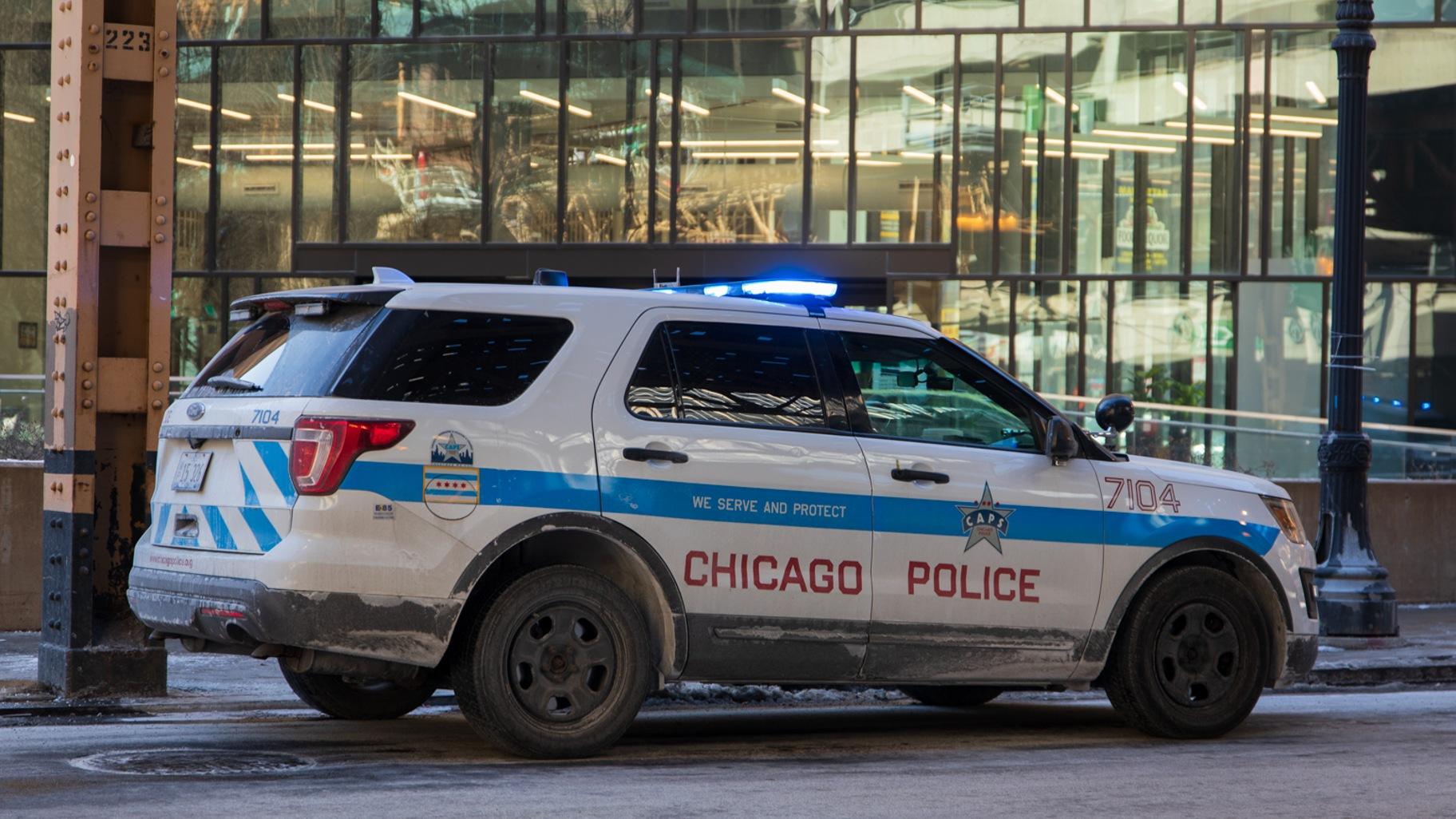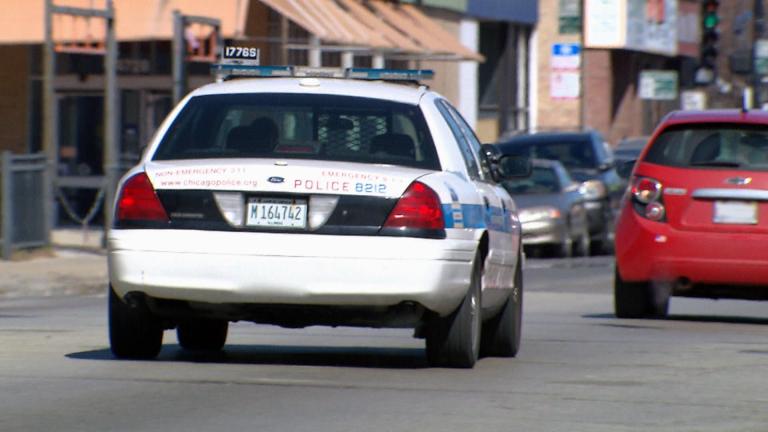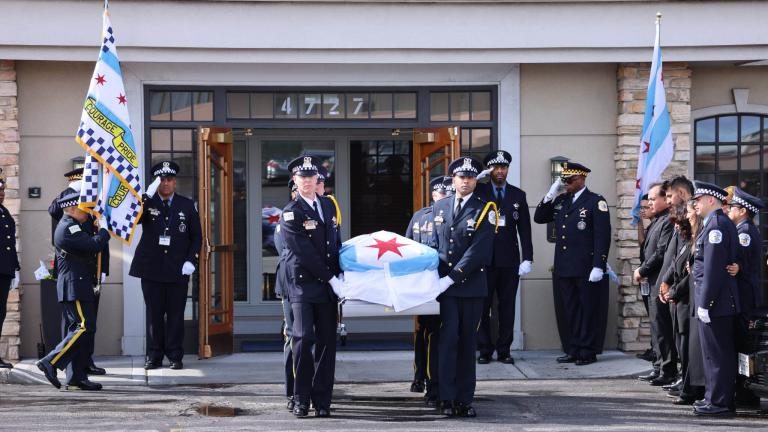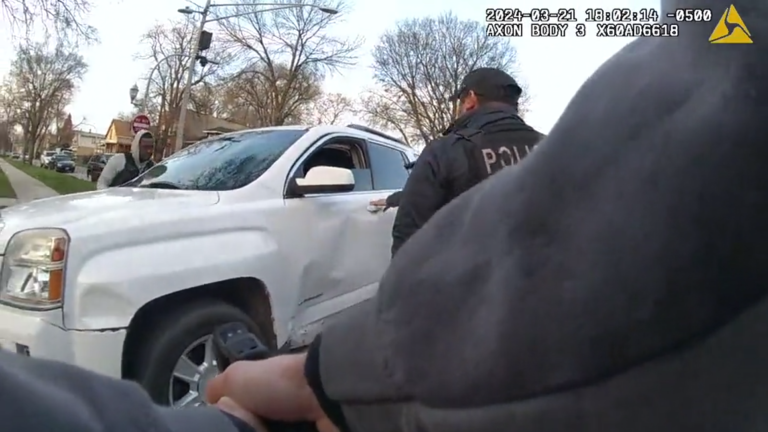 (Michael Izquierdo / WTTW News)
(Michael Izquierdo / WTTW News)
After more than four years under federal oversight, the Chicago Police Department has reached full compliance on just 6% of its consent decree requirements, according to a new report.
The independent monitoring team that oversees the CPD’s consent decree implementation published its eighth semi-annual report this week, which found that although the department has reached some level of compliance with 85% of paragraphs, it has only fully complied with 33 out of 552 paragraphs.
But with new Police Superintendent Larry Snelling fully sworn in as the city’s top cop, the monitoring team is hopeful that additional progress could come swiftly.
“Superintendent Snelling has the opportunity to address challenges that have disproportionately delayed progress across the consent decree,” Independent Monitor Maggie Hickey said in a statement. “It is our hope that Superintendent Snelling will push the CPD to quickly develop transparent plans to demonstrate respectful, collaborative, effective, and constitutional policing.”
The monitoring team’s latest report examined the CPD’s reform efforts from Jan. 1 to June 30, 2023. While the CPD’s total level of compliance has increased since the previous reporting period, it has done so only slightly.
Specifically, the monitoring team said the CPD needs to do more to address the challenges surrounding officer wellness, community policing, community engagement and crime-fighting strategies.
In its report, the monitoring team also expressed “significant concerns” about the department’s commitment to having constitutional policing and reform efforts lead its crime-fighting strategies.
According to Hickey, the CPD can make “significant progress” toward additional compliance by improving its data collection and analysis systems, adopting a “comprehensive, consistent, and transparent community policing strategy” and conducting a data-driven staffing study.
“The City and the CPD are called to address ongoing, new, and evolving challenges, such as violent crime, the upcoming Democratic National Convention, and the crisis involving unhoused new arrivals,” Hickey said. “Based on our experience with the CPD’s new leadership so far, we expect that the CPD will incorporate its reform efforts to meet these challenges.”
The consent decree was issued after a 2017 federal investigation found officers routinely violated the constitutional rights of Black and Latino Chicagoans. That probe was triggered following the murder of 17-year-old Laquan McDonald by a Chicago police officer.
Following the report’s release, the CPD in a statement: “We still have more work to do to reach our reform goals, but we are making improvements in areas such as community engagement, officer wellness, training, staffing, supervision and data.”
Snelling, who spent nearly three decades within the CPD prior to his appointment and confirmation as superintendent in September, has pushed back on the notion the CPD is falling behind on its consent decree compliance.
“My belief also is to not rush the consent decree, especially the training aspect of it, because we want to get it right,” he told WTTW News last month. “We don't want to just say that we’re in compliance, we want our officers to actually be in compliance. Where our officers are getting the best possible training. We don’t want to put our officers through training, we want our officers to be trained, and there is a difference there.”
Contact Matt Masterson: @ByMattMasterson | [email protected] | (773) 509-5431







